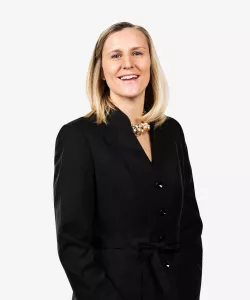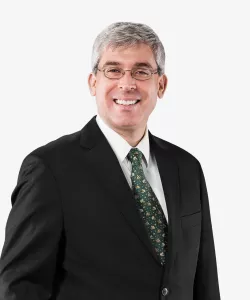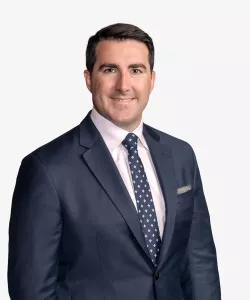Manufacturer to Pay Over $37.5 Million to Resolve False Claims Act Allegations
Headlines that Matter for Companies and Executives in Regulated Industries
DOJ News
Manufacturer to Pay Over $37.5 Million to Resolve False Claims Act Allegations
On January 15, 2015, the DOJ announced that ResMed Corp., a manufacturer of durable medical equipment, agreed to pay over $37.5 million to resolve allegations that it provided remuneration to induce the referral of services paid for by a federal healthcare program, in violation of the Anti-Kickback Statute and the False Claims Act. More specifically, this settlement resolved allegations that ResMed inter alia:
- Provided DME companies with free patient outreach services that enabled the companies to order resupplies for patients with sleep apnea
- Provided sleep labs with free and below-cost positive airway pressure masks and diagnostic machines
- Arranged for interest-free loans that DME suppliers acquired for the purchase of ResMed’s equipment
- Provided non-sleep specialists and physicians free home sleep testing devices
The settlement resolves five whistleblower lawsuits brought under the qui tam provisions of the False Claims Act. These whistleblowers will receive about $6.2 million total from ResMed’s settlement amount.
In addition to agreeing to the settlement, ResMed also entered into a Corporate Integrity Agreement with the Department of Health and Human Services Office of the Inspector General which requires that ResMed implement additional controls around pricing and sales and conduct internal and external monitoring of its arrangements with referral sources.
Father Indicted in ‘Varsity Blues’ Scheme Faces an Additional Tax-Related Charge
On January 15, 2020, a federal grand jury in Massachusetts indicted a father in the “Varsity Blues” scandal on a new tax-related charge. The father, who was already facing charges for, inter alia, wire fraud, bribery, and conspiracy to commit money laundering charges, now faces a charge that he filed a false tax return by deducting as charitable donations and business expenses the $220,000 he paid to ensure his son was admitted to the University of Southern California.
According to the indictment, the father e-mailed Rick Singer, the college counselor at the center of the “Varsity Blues” scheme, asking for an invoice for the $220,000, and Singer replied that he could make the invoice for “business consulting fees” so that the father could write off the $220,000 as a business expense.
The case is United States v. Sidoo et al. in the United States District Court for the District of Massachusetts (Case No. 1:19-cr-10080).
Whistleblower Alleges $1.5 Billion False Claims Act Violation From Tamiflu
A recently-unsealed qui tam complaint alleges that Hoffmann-La Roche, Inc. violated the False Claims Act, and several state counterparts, by misrepresenting clinical studies and falsely claiming that Tamiflu, an influenza medicine, could reduce the transmission of influenza and effectively contain potential influenza pandemics. The Complaint alleges that Roche received more than $1.4 billion from federal and state governments that relied on Roche’s statements in purchasing Tamiflu in order to combat pandemics and thus submitted false claims by billing the government for the drug.
The relator is a physician and public health researcher who started to question the effectiveness of Tamiflu in 2009. The whistleblower reviewed clinical data produced by Roche and determined that such data did not support Roche’s claims about Tamiflu’s effectiveness. The relator also alleged that the Food and Drug Administration had warned Roche that data did not support Roche’s claims about the efficacy of Tamiflu and cautioned that Roche’s statements could be misleading.
The case is United States ex rel. Jefferson, et al. v. Roche Holding AG, et al. in the United States District Court for the District of Maryland (Case No. 14-CV-03665).
Contacts
- Related Industries
- Related Practices







